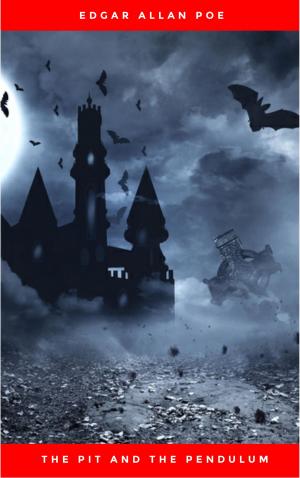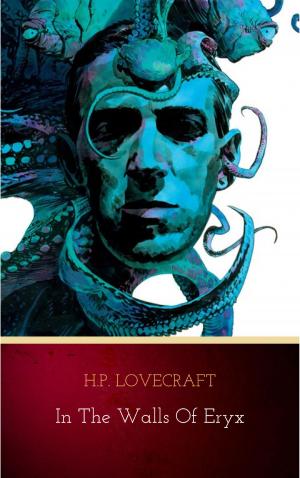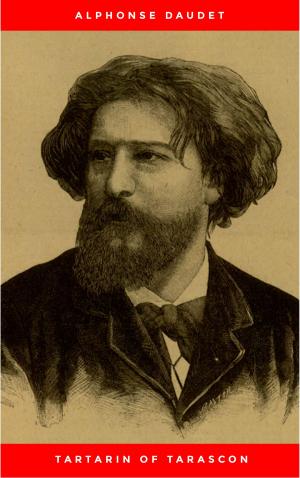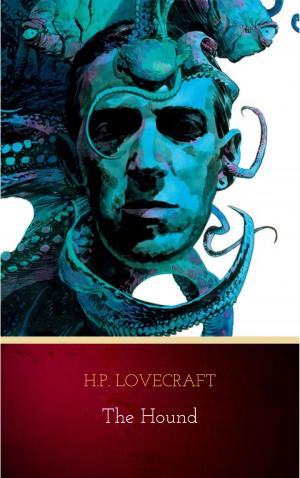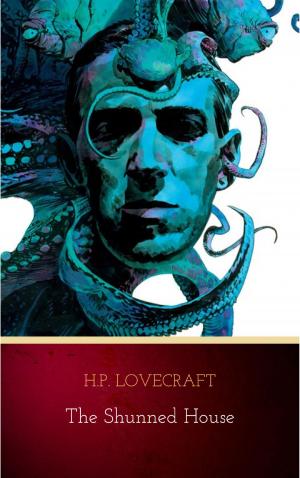The Facts in the Case of M. Valdemar
Comics & Graphic Novels, Horror, Fiction & Literature, Classics| Author: | Edgar Allan Poe | ISBN: | 9782291028291 |
| Publisher: | WS | Publication: | May 16, 2018 |
| Imprint: | Language: | English |
| Author: | Edgar Allan Poe |
| ISBN: | 9782291028291 |
| Publisher: | WS |
| Publication: | May 16, 2018 |
| Imprint: | |
| Language: | English |
"The Facts in the Case of M. Valdemar" is a short story by American author Edgar Allan Poe about a mesmerist who puts a man in a suspended hypnotic state at the moment of death. An example of a tale of suspense and horror, it is also, to a certain degree, a hoax, as it was published without claiming to be fictional, and many at the time of publication (1845) took it to be a factual account. Poe toyed with this for a while before admitting it was a work of pure fiction in his marginalia. The narrator presents the facts of the extraordinary case of his friend Ernest Valdemar, which have incited public discussion. He is interested in mesmerism, a pseudoscience involving bringing a patient into a hypnagogic state by the influence of magnetism, a process that later developed into hypnotism. He points out that, as far as he knows, no one has ever been mesmerized at the point of death, and he is curious to see what effects mesmerism would have on a dying person. He considers experimenting on Valdemar, an author whom he had previously mesmerized, and who has recently been diagnosed with phthisis (tuberculosis).
"The Facts in the Case of M. Valdemar" is a short story by American author Edgar Allan Poe about a mesmerist who puts a man in a suspended hypnotic state at the moment of death. An example of a tale of suspense and horror, it is also, to a certain degree, a hoax, as it was published without claiming to be fictional, and many at the time of publication (1845) took it to be a factual account. Poe toyed with this for a while before admitting it was a work of pure fiction in his marginalia. The narrator presents the facts of the extraordinary case of his friend Ernest Valdemar, which have incited public discussion. He is interested in mesmerism, a pseudoscience involving bringing a patient into a hypnagogic state by the influence of magnetism, a process that later developed into hypnotism. He points out that, as far as he knows, no one has ever been mesmerized at the point of death, and he is curious to see what effects mesmerism would have on a dying person. He considers experimenting on Valdemar, an author whom he had previously mesmerized, and who has recently been diagnosed with phthisis (tuberculosis).




